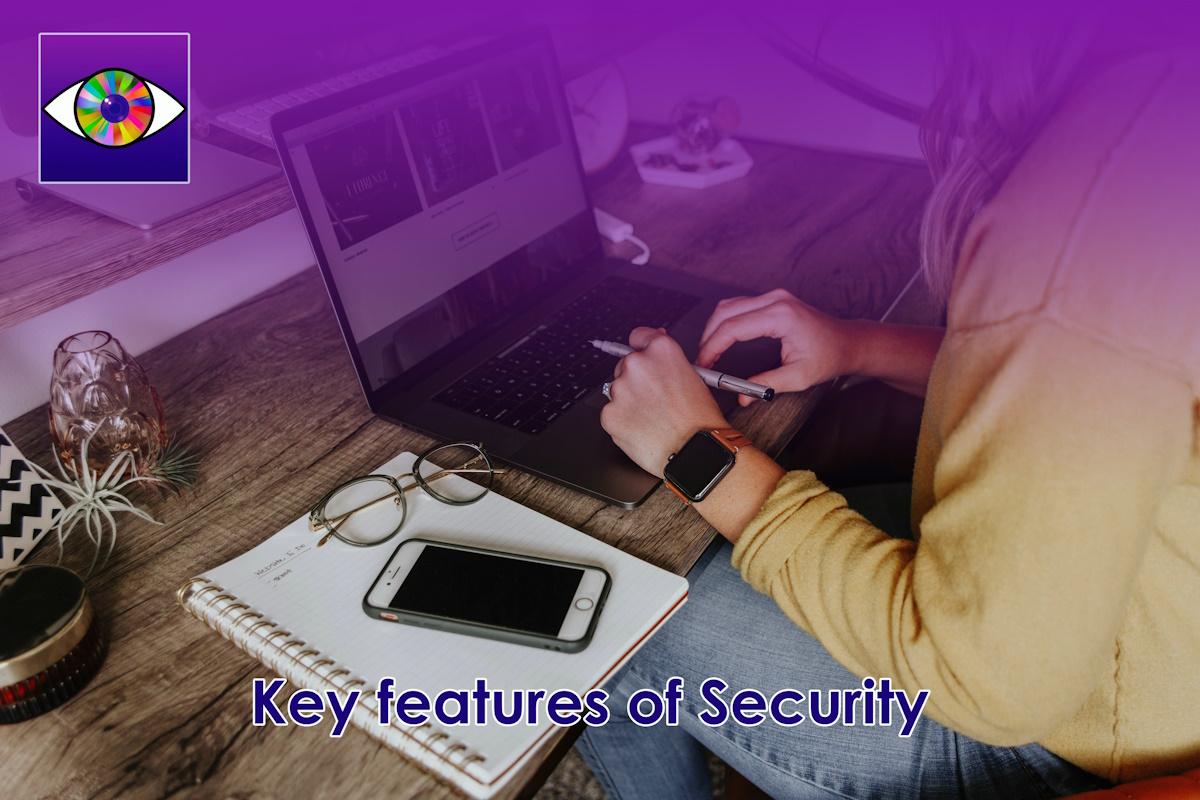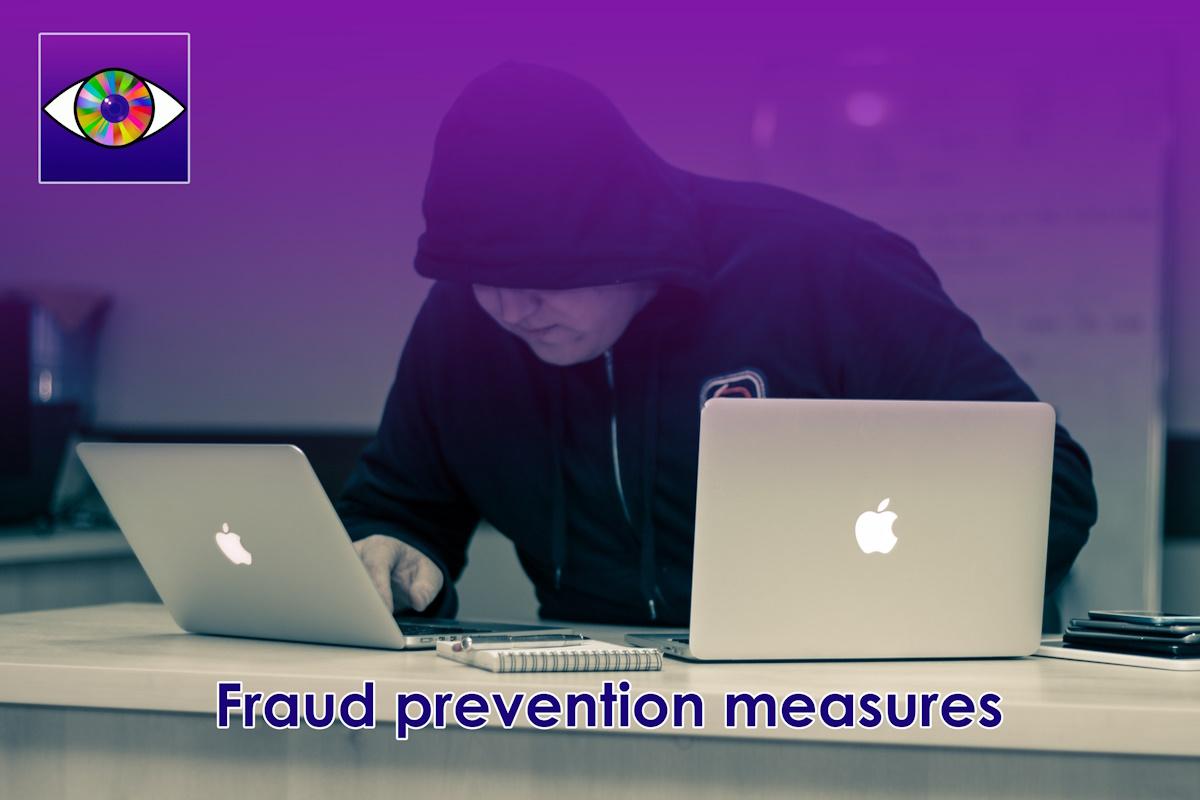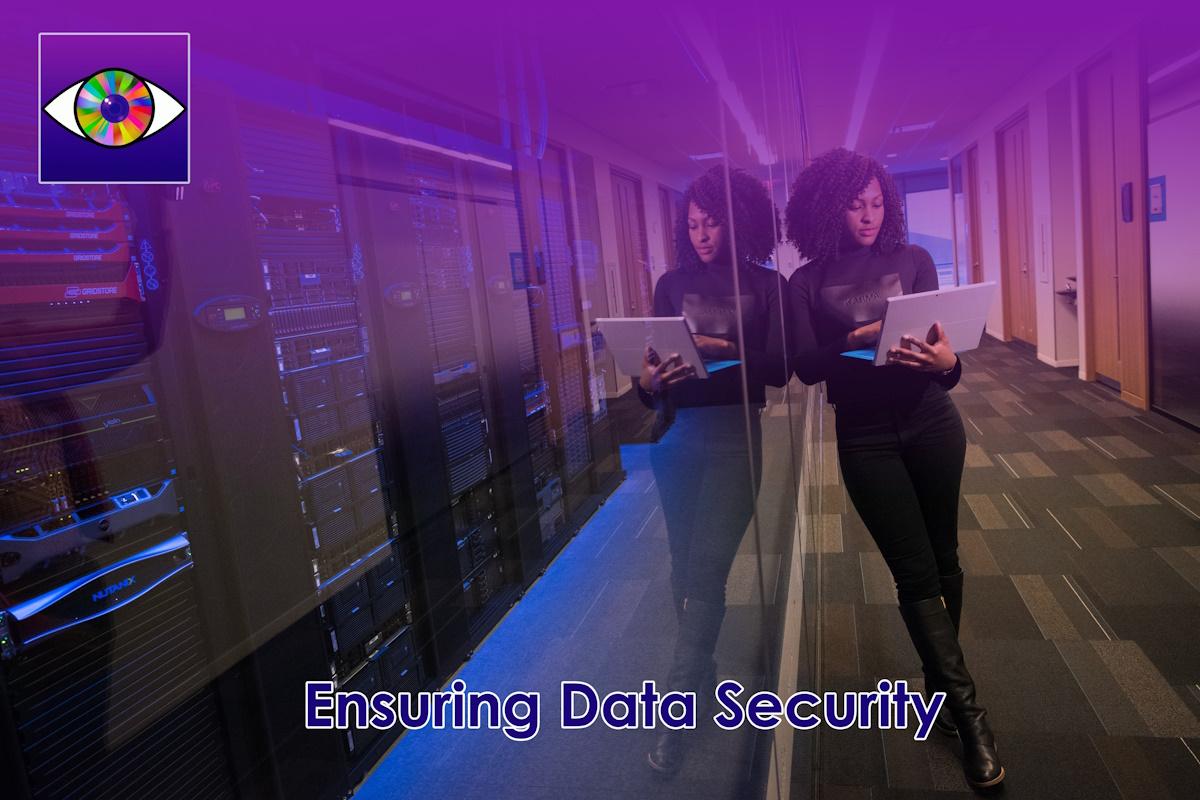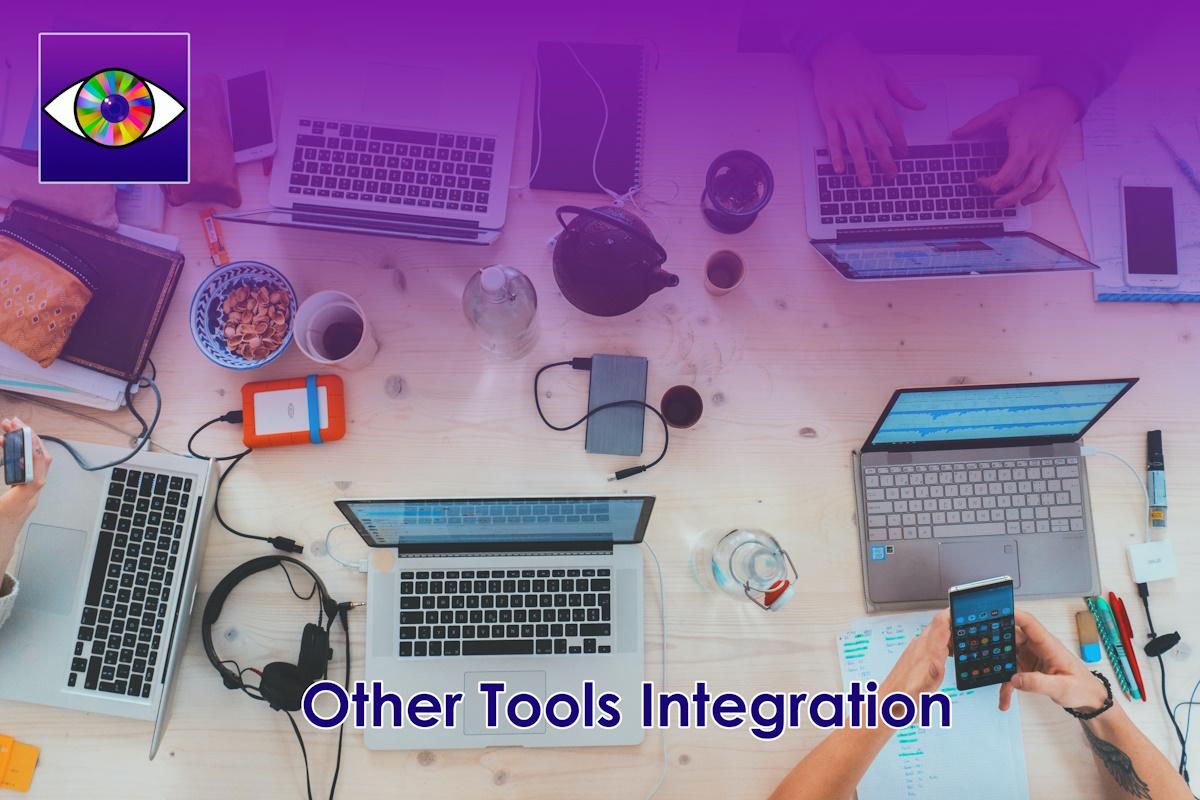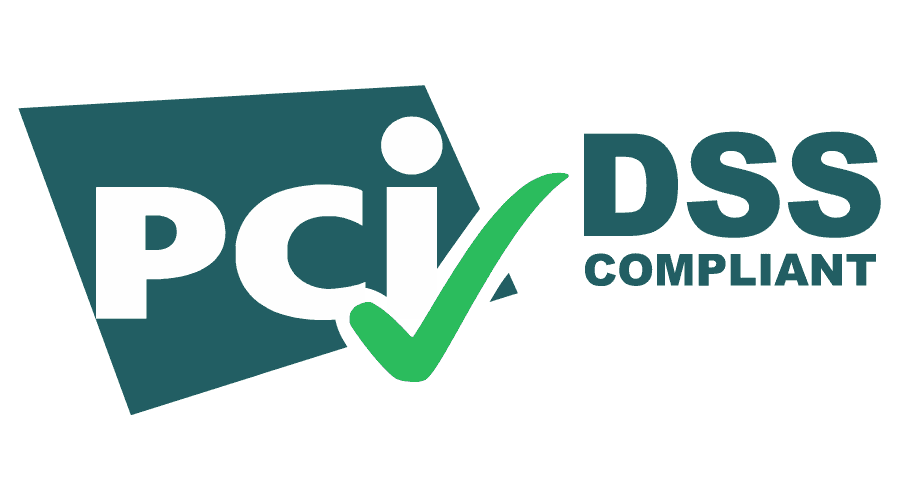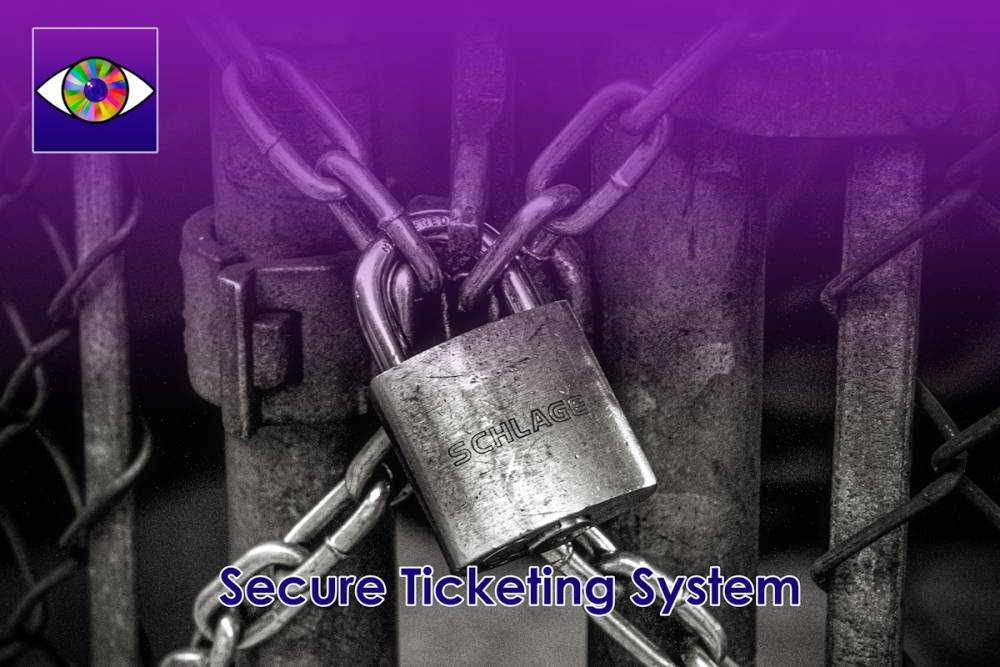
The Ultimate Guide to Building a Secure Ticketing System for Your Event

The Ultimate Guide to Building a Secure Ticketing System for Your Event
Welcome to the ultimate guide on building a secure ticketing system for your event. In today's digital age, ensuring the security of your ticketing process is of utmost importance. With the increasing instances of fraudulent activities and data breaches, event organizers need to implement robust security measures to safeguard their attendees' information and maintain their trust.
In this comprehensive guide, we will walk you through the essential steps to create a secure ticketing system that protects your attendees' personal information while providing a seamless ticket purchase experience. From selecting a reliable ticketing platform to implementing encryption protocols and fraud prevention techniques, we will cover it all.
We understand the significance of a seamless user experience, and our guide will provide you with actionable insights to enhance not only the security but also the convenience of your ticketing process. By incorporating industry best practices and the latest technology, you can ensure a hassle-free event registration for your attendees, while maintaining the integrity of your data.
Join us as we decode the intricacies of building a secure ticketing system that will elevate your event experience and give your attendees peace of mind. Let's get started!
The importance of a secure ticketing system for events
A secure ticketing system is essential for events of all sizes, whether it's a small conference or a large music festival. It not only protects your attendees' personal information but also helps prevent unauthorized access and ticket fraud. By investing in a secure ticketing system, you demonstrate your commitment to your attendees' safety and privacy, which can significantly enhance their overall event experience.
A secure ticketing system provides several key benefits. Firstly, it ensures that only legitimate tickets are sold, reducing the risk of counterfeit tickets being circulated. This helps maintain the integrity of your event and prevents revenue loss. Secondly, it protects your attendees' personal information, such as their names, email addresses, and credit card details, from falling into the wrong hands. By implementing encryption protocols and secure payment gateways, you can guarantee the confidentiality and privacy of your attendees' data.
Key features of a secure ticketing system
When selecting a ticketing platform for your event, it's crucial to consider the key features that contribute to a secure ticketing system. These features include:
1. Secure Payment Processing: Look for a ticketing platform that supports secure payment processing with industry-standard encryption protocols. This ensures that sensitive payment information is transmitted securely and reduces the risk of unauthorized access.
2. Fraud Detection and Prevention: A robust ticketing system should have built-in fraud detection and prevention mechanisms. These include tools to identify suspicious activities, such as multiple purchases from the same IP address or credit card, and measures to block fraudulent transactions.
3. Access Control and Ticket Validation: Implementing access control measures, such as barcoded tickets or RFID wristbands, helps prevent unauthorized entry to your event. These technologies can be integrated with your ticketing system to validate tickets and ensure that only valid ones are accepted.
4. Data Encryption and Privacy: Protecting your attendees' personal information is paramount. Look for a ticketing platform that employs data encryption techniques to secure sensitive data. Additionally, ensure that the platform adheres to privacy regulations, such as GDPR, to maintain compliance and build trust with your attendees.
5. Real-time Reporting and Analytics: Having real-time reporting and analytics capabilities allows you to monitor ticket sales, identify trends, and detect any irregularities promptly. This enables you to take proactive measures to address any security concerns that may arise.
By selecting a ticketing platform that incorporates these key features, you can lay the foundation for a secure ticketing system that safeguards both your attendees' information and your event's reputation.
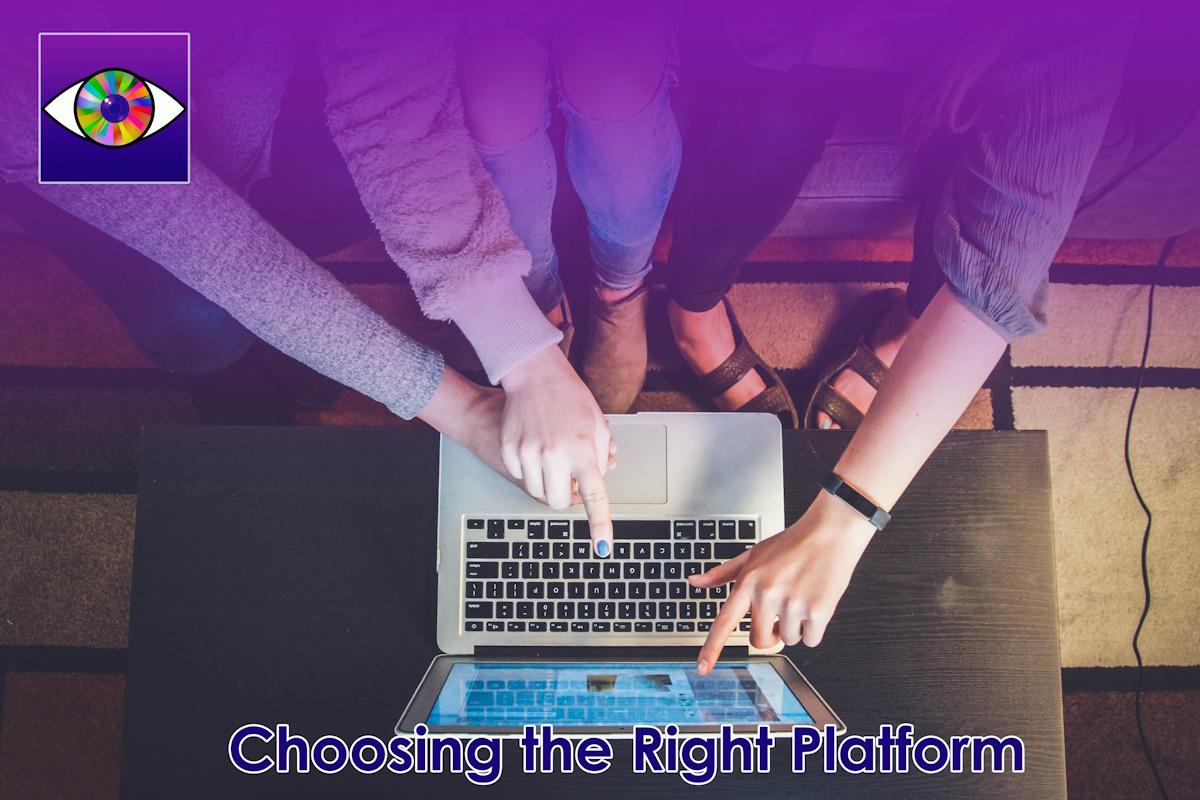
Choosing the right ticketing platform for your event
Selecting the right ticketing platform is crucial for building a secure ticketing system. With numerous options available in the market, it's essential to evaluate each platform based on its security features, reliability, scalability, and ease of use.
When researching ticketing platforms, consider the following factors:
1. Security Features: Assess the platform's security features and protocols. Look for platforms that offer secure payment processing, fraud detection, and data encryption. Ensure that the platform has a solid track record of handling sensitive customer data securely.
2. Reliability and Scalability: Consider the platform's reliability and ability to handle high volumes of ticket sales. Look for platforms that have proven scalability and can accommodate your event's anticipated ticket demand.
3. User Experience: Evaluate the platform's user interface and ease of use. A user-friendly ticketing platform will not only enhance the attendee experience but also simplify the management of your ticketing system.
4. Integration Capabilities: Check if the platform integrates seamlessly with other event management tools that you use, such as CRM systems, email marketing software, or access control systems. Integration allows for a more streamlined event management process and reduces the chances of data discrepancies.
Taking the time to thoroughly evaluate and compare ticketing platforms will help you make an informed decision and choose a platform that aligns with your event's specific security requirements.
Setting up a secure ticketing system: Step-by-step guide
Once you have selected a suitable ticketing platform, it's time to set up a secure ticketing system for your event. Follow these step-by-step instructions to ensure a seamless and secure ticketing process:
1. Define Your Security Requirements: Start by identifying your event's specific security requirements. Consider factors such as the type of event, the expected number of attendees, and the level of data sensitivity. This will help you tailor your ticketing system to meet your event's unique needs.
2. Configure Secure Payment Processing: Work with your ticketing platform to set up secure payment processing. Ensure that the platform supports PCI-DSS compliant payment gateways and employs encryption techniques to protect payment information during transmission.
3. Implement Fraud Prevention Measures: Enable fraud prevention measures provided by your ticketing platform, such as IP address blocking, CAPTCHA verification, or transaction velocity limits. These measures can help detect and prevent fraudulent activities in real-time.
4. Customize Ticket Types and Pricing: Configure your ticket types and pricing options according to your event's requirements. Set up tiered pricing, early bird discounts, or special promotions while ensuring that the ticketing system accurately reflects the available inventory.
5. Design a User-Friendly Ticket Purchase Flow: Create a seamless ticket purchase flow that guides attendees through the registration process. Minimize the number of steps required, provide clear instructions, and optimize the user interface for mobile devices.
6. Enable Ticket Personalization: Consider allowing attendees to personalize their tickets with their names or other unique identifiers. This adds an extra layer of security and helps prevent ticket resale or unauthorized ticket transfers.
7. Test Your Ticketing System: Thoroughly test your ticketing system before making it live. Conduct test transactions, simulate different user scenarios, and verify that all security features and payment processes are functioning as intended.
By following these steps, you can establish a secure ticketing system that provides a seamless ticket purchase experience while prioritizing the protection of your attendees' information.
Implementing fraud prevention measures in your ticketing system
Fraud prevention is a critical aspect of building a secure ticketing system. Fraudulent activities not only result in revenue loss but can also damage your event's reputation. Implement the following fraud prevention measures to safeguard your ticketing system:
1. Automated Fraud Detection: Leverage the fraud detection capabilities provided by your ticketing platform. These tools use algorithms and machine learning to identify patterns and detect potentially fraudulent activities. Configure the system to flag suspicious transactions and trigger manual review when necessary.
2. IP Address Blocking: Block IP addresses associated with known fraudulent activities or high-risk regions. This helps prevent unauthorized access attempts and reduces the likelihood of fraudulent transactions.
3. Transaction Velocity Limits: Set transaction velocity limits to restrict the number of ticket purchases from a single IP address or credit card within a specific time frame. Rapid and repeated transactions can be indicative of fraudulent activities and should be flagged for further investigation.
4. CAPTCHA Verification: Use CAPTCHA verification during the ticket purchase process to verify that the user is a human and not a bot. CAPTCHA helps prevent automated scripts from making fraudulent transactions.
5. Manual Review and Verification: Implement a manual review process for flagged transactions that require further investigation. Train your staff to identify potential fraud indicators and verify the legitimacy of suspicious transactions before approving them.
By incorporating these fraud prevention measures into your ticketing system, you can significantly reduce the risk of fraudulent activities and protect your attendees' information.
Ensuring data security and privacy in your ticketing system
Data security and privacy are paramount when building a secure ticketing system. Protecting your attendees' personal information not only complies with privacy regulations but also builds trust and confidence in your event. Implement the following measures to ensure data security and privacy:
1. Data Encryption: Encrypt sensitive customer data, such as names, email addresses, and credit card details, to prevent unauthorized access. Utilize encryption protocols, such as SSL/TLS, to secure data both in transit and at rest.
2. Role-Based Access Control: Implement role-based access control to restrict system access to authorized personnel only. Define different user roles with varying levels of privileges to ensure that sensitive data is accessed only by those who need it.
3. Regular Data Backups: Regularly back up your ticketing system's data to protect against data loss or corruption. Store backups in secure locations and test the restoration process periodically to ensure data recoverability.
4. Privacy Policy and Consent: Create a comprehensive privacy policy that outlines how you collect, store, and use attendees' personal information. Obtain explicit consent from attendees to collect and process their data, and provide them with options to opt-out or request data deletion.
5. Vendor Due Diligence: If you use third-party vendors or service providers for your ticketing system, ensure they follow industry best practices for data security and privacy. Perform due diligence by reviewing their security measures and ensuring that they adhere to relevant data protection regulations.
By implementing these measures, you can establish a secure ticketing system that protects your attendees' data and demonstrates your commitment to data security and privacy.
Providing a seamless ticketing experience for attendees
While security is paramount, it's equally important to provide a seamless ticketing experience for your attendees. A cumbersome or confusing ticketing process can deter potential attendees and negatively impact their overall event experience. Consider the following tips to enhance the convenience of your ticketing process:
1. Mobile-Friendly Ticketing: Optimize your ticketing system for mobile devices. A significant portion of attendees will prefer to purchase tickets using their smartphones or tablets. Ensure that the ticket purchase flow is mobile-friendly and provides a seamless experience across different screen sizes.
2. Guest Checkout: Allow attendees to make ticket purchases without creating an account. Guest checkout streamlines the registration process and reduces friction, particularly for first-time attendees.
3. One-Click Purchasing: Implement one-click purchasing to facilitate quick and easy ticket transactions. Store attendees' payment information securely for future use, eliminating the need for repetitive data entry.
4. Social Media Integration: Enable social media integration to allow attendees to share event details and ticket purchases with their networks. Social media sharing not only promotes your event but also enhances the overall user experience by incorporating social proof.
5. Real-Time Availability Updates: Display real-time availability updates for ticket types to create a sense of urgency and encourage timely ticket purchases. This helps attendees make informed decisions and increases their satisfaction with the ticketing process.
By focusing on the convenience of your attendees, you can enhance their overall ticketing experience while maintaining a secure system that protects their information.
Integrating your ticketing system with other event management tools
Integrating your ticketing system with other event management tools can streamline your overall event operations and enhance the attendee experience. Consider the following integrations to optimize your ticketing system:
1. CRM Integration: Integrate your ticketing system with a Customer Relationship Management (CRM) software to consolidate attendee data and streamline communication. This integration allows you to track attendee interactions, personalize marketing campaigns, and provide targeted customer support.
2. Email Marketing Integration: Connect your ticketing system with an email marketing software to automate communication with attendees. Send personalized event updates, ticket confirmations, and post-event surveys to enhance engagement and attendee satisfaction.
3. Access Control Integration: Integrate your ticketing system with an access control system, such as barcoded tickets or RFID wristbands, to streamline entry management. This integration enables seamless ticket validation and helps prevent unauthorized entry.
4. Event Analytics Integration: Integrate your ticketing system with event analytics tools to gain valuable insights into attendee behavior, ticket sales trends, and event performance. Analyze this data to make data-driven decisions and optimize your event planning and marketing strategies.
By integrating your ticketing system with other event management tools, you can create a cohesive ecosystem that simplifies event operations, enhances attendee engagement, and improves overall event success.
Testing and optimizing your ticketing system for maximum security
Once your ticketing system is set up, it's crucial to test and optimize it to ensure maximum security. Test your system thoroughly to identify any vulnerabilities or issues that may compromise the security of your attendees' information. Consider the following testing and optimization strategies:
1. Penetration Testing: Conduct penetration testing to identify potential security vulnerabilities in your ticketing system. Hire a professional security firm to simulate attacks and attempt to exploit any weaknesses. Address the identified vulnerabilities promptly to prevent any potential breaches.
2. Load Testing: Perform load testing to assess the scalability and performance of your ticketing system under high volumes of traffic. Simulate various user scenarios to ensure that the system can handle peak ticket demand without compromising security or performance.
3. Usability Testing: Test the usability of your ticketing system by involving beta users or a focus group. Gather feedback on the user interface, ticket purchase flow, and overall user experience. Address any usability issues to optimize the convenience and satisfaction of your attendees.
4. Regular Security Audits: Schedule regular security audits to assess the effectiveness of your ticketing system's security measures. Engage a qualified security professional to review your system's architecture, configuration, and policies. Implement any recommended improvements to strengthen your system's security posture.
By continuously testing and optimizing your ticketing system, you can identify and address security vulnerabilities, ensuring the highest level of protection for your attendees' information.
Conclusion: Building trust and confidence in your ticketing system
In conclusion, building a secure ticketing system is vital for event organizers in today's digital age. By implementing robust security measures, you protect your attendees' personal information, prevent ticket fraud, and maintain the integrity of your event. A secure ticketing system not only enhances the overall event experience but also builds trust and confidence among your attendees.
In this guide, we have explored the essential steps to create a secure ticketing system, from selecting the right ticketing platform to implementing fraud prevention measures and ensuring data security and privacy. We have also discussed the importance of providing a seamless ticketing experience for your attendees and the benefits of integrating your ticketing system with other event management tools.
By following the guidelines outlined in this guide, you can establish a secure ticketing system that not only safeguards your attendees' information but also provides a seamless ticket purchase experience. Invest in your event's security, and
